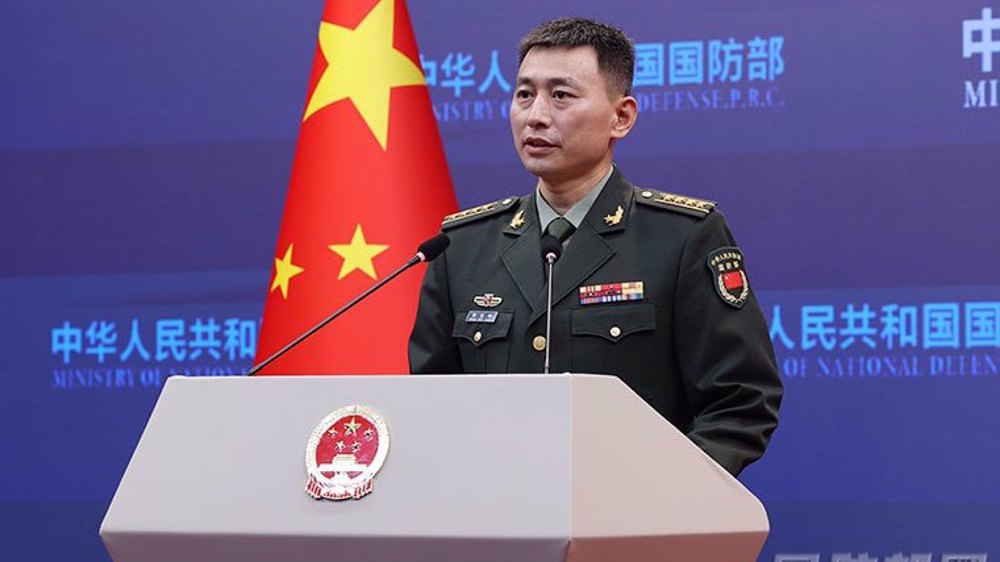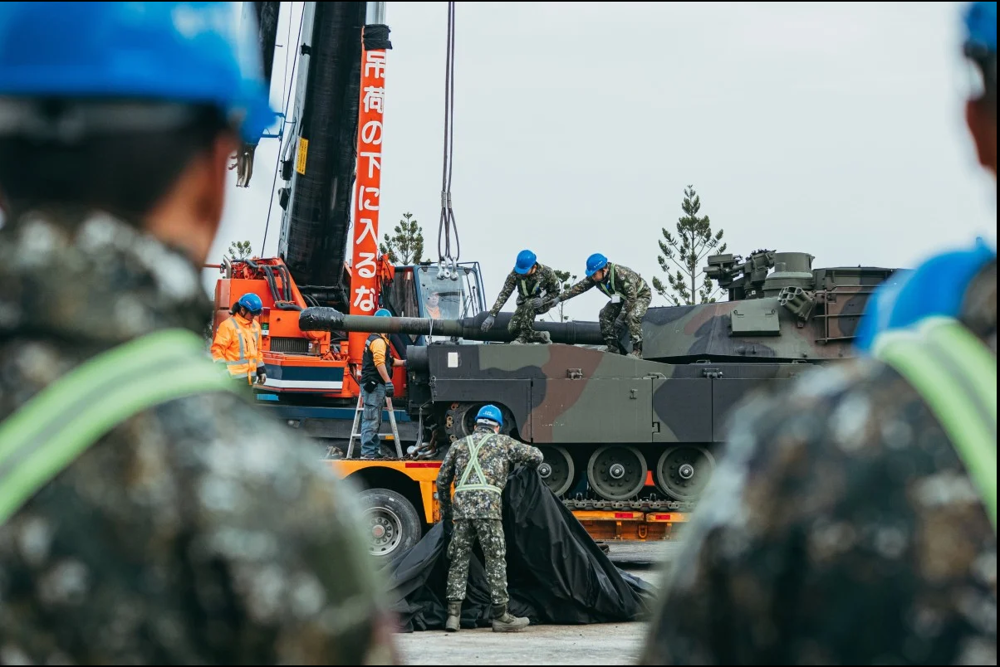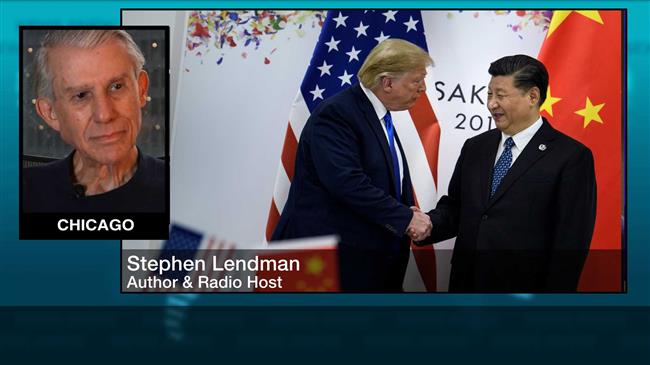China summons US envoy over Hong Kong bill
China’s Foreign Ministry has summoned United States Ambassador to Beijing Terry Branstad to protest the passing in the US Congress of a bill related to Hong Kong and to demand an end to American meddling in the country’s internal affairs.
On Wednesday, the US House of Representatives voted 417 to 1 to approve the so-called Hong Kong Human Rights and Democracy Act, which had been unanimously passed by the Senate the day before. President Donald Trump is now expected to sign that bill and another one related to Hong Kong into law.
If signed into law, the Hong Kong Human Rights and Democracy Act would require the US government to impose sanctions against Chinese and Hong Kong officials allegedly responsible for human rights abuses in Hong Kong. It would also require an annual review to certify Hong Kong’s autonomy to continue enjoying special trade privileges by the US.
In a notice posted on its website on Monday, the Chinese Foreign Ministry said Vice Foreign Minister Zheng Zeguang had told Ambassador Branstad that Washington had “to correct its errors and stop meddling in Hong Kong affairs and interfering in China’s internal matters.”
Hong Kong has been engulfed by mass protests since June. The public display of anger initially came in opposition to a controversial extradition bill. The proposal was shelved, but the protests have continued and taken on an increasingly violent form, with masked individuals vandalizing public and private property and attacking security forces and government buildings.
The anti-government demonstrators now want complete separation from mainland China. The US has been consistently backing them.
Zheng denounced the passage of the bill as a form of encouraging the violence, adding that it constituted a serious violation of international law and basic norms of international relations.
“China expresses its strong resentment and resolute opposition [to the passage of the bill],” he was quoted as having told Branstad.
Hong Kong has been governed under a “one-country, two-system” model since the city was returned to China in 1997.
Beijing sees the US and Britain — the former colonial power in Hong Kong — as instigators of the unrest in the city.
Hong Kong’s leader plans committee to look into causes of unrest
Meanwhile, speaking in a weekly presser on Tuesday, Hong Kong’s leader Carrie Lam announced a plan to set up an independent review committee “to look at the causes of the social unrest…, to identify the underlying problems, social, economic, or even political, and to recommend measures that the government should take.”
Elsewhere in her remarks, Lam thanked people for having voted peacefully in local elections on Sunday, noting that the voter turnout had exceeded 71 percent.
“I would like to once again thank the people of Hong Kong who, in a volatile environment, have come out in an organized manner to vote, and with great enthusiasm,” she said.
Reports said on Monday that nearly 90% of the 452 district council seats had gone to opposition candidates.
Lam also vowed to pursue a “de-escalatory” approach when dealing with the situation at the city’s Polytechnic University, where a number of protesters have been based, surrounded by a police cordon.
“The Polytechnic University management will organize groups including emergency workers, professional counselors, medical workers, social workers, and security teams, to persuade those remaining to leave,” Lam said.
The protesters occupying the Hong Kong Polytechnic University have been using it as a base, attempting to disrupt nearby traffic, and have been making makeshift weapons such as Molotov cocktails there.
Police have moved in and surrounded the premises to contain the acts of disruption.
Iran’s economy grew 2.7% y/y in Sep quarter: CBI
VIDEO | Freelancers in Gaza strive to stay online amid genocide
Mikati demands Israel's withdrawal from south Lebanon
Yemeni army strikes Israeli military sites with drones
‘Clock ticking’: UNRWA slams unjustifiable killing of children in Gaza
BP to be sued in Britain for supplying oil to Israel
VIDEO | Press TV's news headlines
Israeli strikes on north Gaza hospital ‘extremely dangerous, terrifying’: Director
















 This makes it easy to access the Press TV website
This makes it easy to access the Press TV website